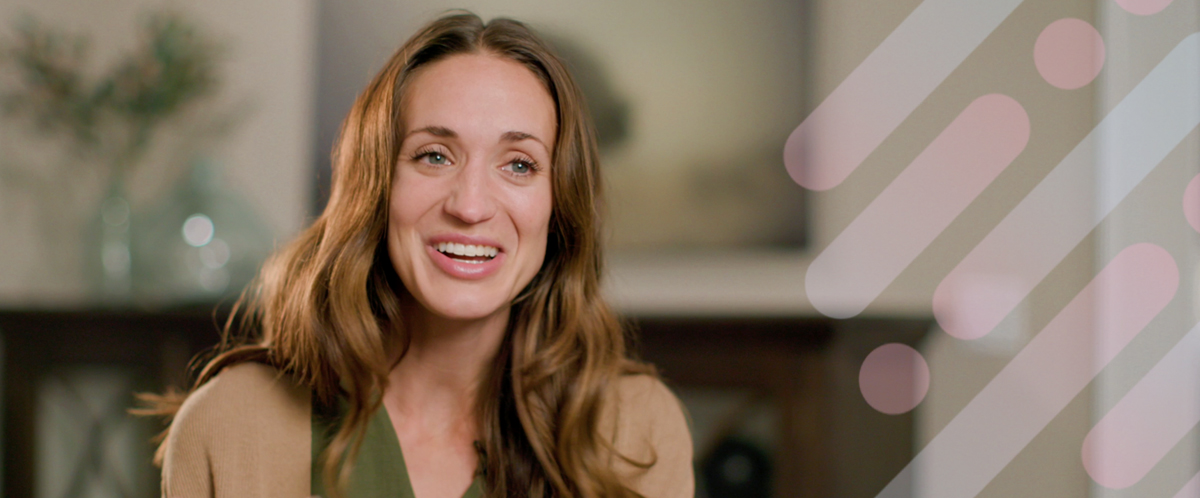Leanna takes after both her grandmothers in countless ways. She never thought a mastectomy experience would be among them.
Her maternal grandmother was diagnosed with breast cancer at age 80. Her paternal grandmother survived breast cancer in her 30s but was diagnosed with cancer again later in life. She takes pride in her family’s resilience—and also acknowledges their struggle.
“She battled this with no positive options,” Leanna said of her grandmother, who wore a prosthetic bra after mastectomy to maintain a sense of normalcy. “It made me really proud to be her granddaughter, but also really scared.”
In Leanna’s mid-20s, newly engaged, an annual exam discovered a lump in her breast. “You just kind of think of the future,” she said. “Will I be able to start a family? Am I going to be around for a long time?”
taking action
Fortunately, results were normal at Leanna’s follow-up mammogram. Four years later, however, she sought genetic testing after discovering a second lump. When the test revealed a BRCA2 gene mutation, her grandmothers’ experiences made Leanna’s decision clear: She needed a preventive double mastectomy.
“There wasn’t even a question in my mind. If I have this genetic mutation, I’m taking action because I don’t want to risk anything,” she said.
Top of Leanna’s mind was a desire to be there for her husband and kids. But she was all too aware of how this potentially life-saving option would result in partial or complete numbness across her chest.
This advance knowledge empowered Leanna to include Resensation as part of her breast reconstruction process.
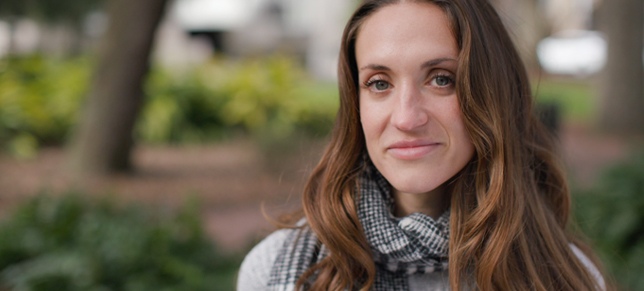
sensation returning over time
Nerves take time to regenerate after Resensation. For Leanna, that temporary period of numbness after surgery was difficult both physically and emotionally.
“It was uncomfortable to even get dressed, just because it was so foreign. It just didn’t feel like part of my body,” she said.
Then, while lying in bed one night, Leanna experienced a sensation like an electric shock. Startled, she asked her husband if he felt the same thing, before realizing it was her own nerves regenerating. Over the following weeks, each new shock was a welcome experience.
Within several months, she regained a level of protective sensation, as well as the ability to feel life’s comforts again: “Being able to feel sensations like the water running over you in the shower and knowing if the water is hot or cold, or hugging your kids and feeling their embrace more and more each day was really exciting.”
Leanna considers herself lucky that she was informed of all her options for breast reconstruction, including Resensation. But she doesn’t want to be one of the lucky ones—she wants everyone to have this option.
“Having sensation back has restored a sense of normalcy and comfort that I wouldn’t have had otherwise. I really want others to know that they have the option to not only look, but feel, whole again.”
Each patient outcome is dependent upon the nature and extent of nerve loss or damage, the timing between nerve loss and repair, and the natural course of the patient’s recovery. These testimonials reflect the experience of the particular individual and may not represent typical results. Leanna is an employee of Axogen Corporation. However, the views expressed are her own.
Resensation Articles
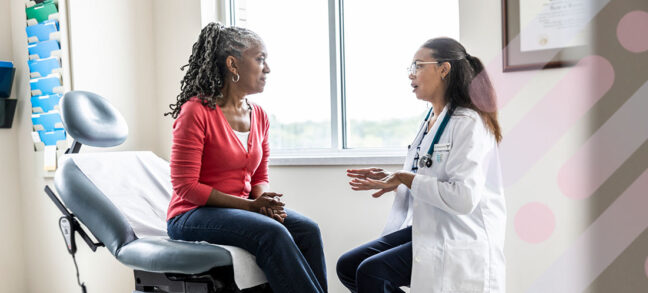
How does mastectomy impact the nerves in the breast?
One sometimes overlooked aspect of mastectomy is its impact on nerves. Read what happens to nerves during mastectomy and explore…
Read More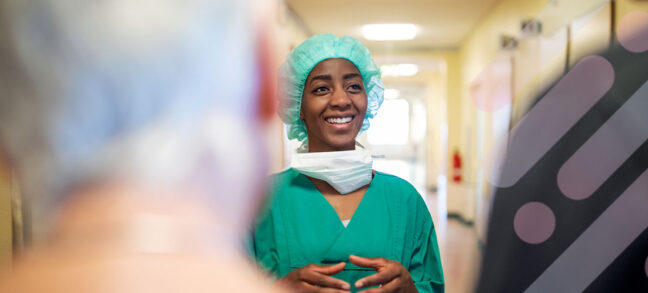
What happens during implant breast reconstruction with Resensation®?
By repairing sensory nerves, Resensation® enables you to potentially regain sensation to your chest. Read how this procedure works during…
Read More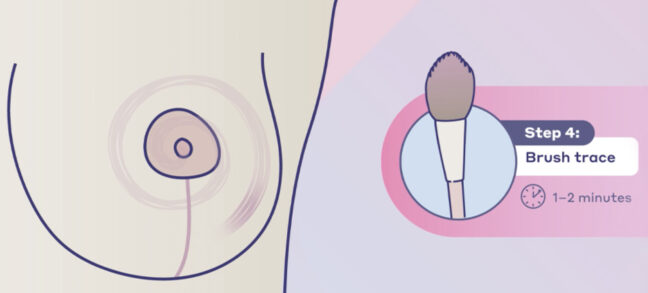
post-surgery sensory retraining: instructions and video guide
Sensory retraining is a series of exercises designed to help you reconnect with your body after breast reconstruction with Resensation®.
Read More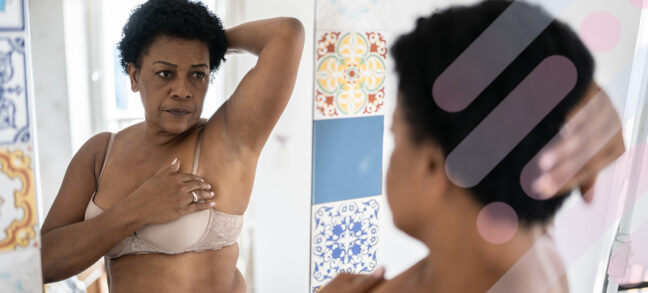
Breast self-exams: why, when and how
A breast self-exam is a useful tool for the early detection of breast cancer.
Read More